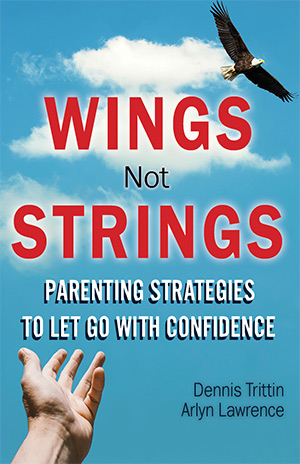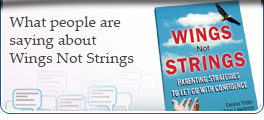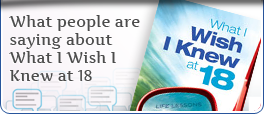Notice How Others React to You
7/17/2012 5:59:11 AM
Have you ever noticed that some people who seem to have it all (e.g., good looks, smarts, sense of humor) often “flunk the test” in social and business settings?
At one time or another, each of us loses an audience. Whether from excessive detail, uninteresting subject matter, overlong monologues, or an unappealing style, we sometimes miss the mark. It’s never fun for either party, but the good news is we can limit the damage.
Great communicators carefully analyze nonverbal cues. They study their audience’s facial and body language to see the impression they’re making. Where needed, they make midcourse corrections along the way.
Conversely, we’ve all been around people who have no idea how poorly they’re coming across—especially in social situations. It can take the forms of poor hygiene, irritating habits, boring conversation, or trying too hard to impress. Usually, we don’t have the heart to tell them, hoping they’ll eventually get the hint from our cues.
When you’re with others—socially or professionally—be attentive to how they react to you. Their feedback, often unspoken, is extremely valuable and will allow you to adapt if it’s unflattering. Study their eyes and facial expressions, as well as their body language. If they appear bored, quickly get to the point, raise your enthusiasm meter, or involve them more in the conversation.
Your ability to successfully communicate is a vitally important skill to master. By being sensitive to your audience, you’ll improve your odds immensely.
Have you learned to monitor others’ reactions to you? How do you respond?
Post your comments here on our website or visit us on my Facebook fan page; we’d love to hear from you! And, as always, please share us with your followers,friends, colleagues, or young adults in your life. We’ve all got room to grow!
Tagged as: LifeSmart, Life Skills, Leadership, What I Wish I Knew at 18, business, social life, good looks, public speaking, communication, body language, feedback, reactions, interpersonal communication, presentations, nonverbal communication, social skills



















